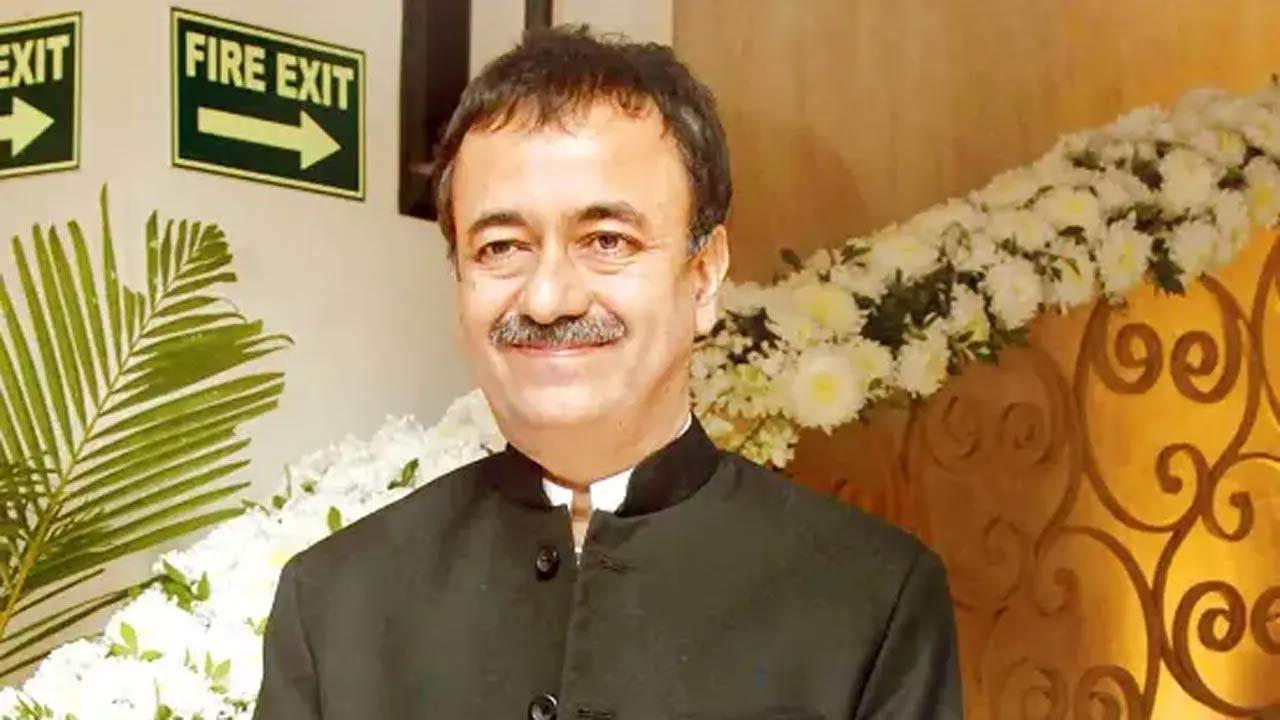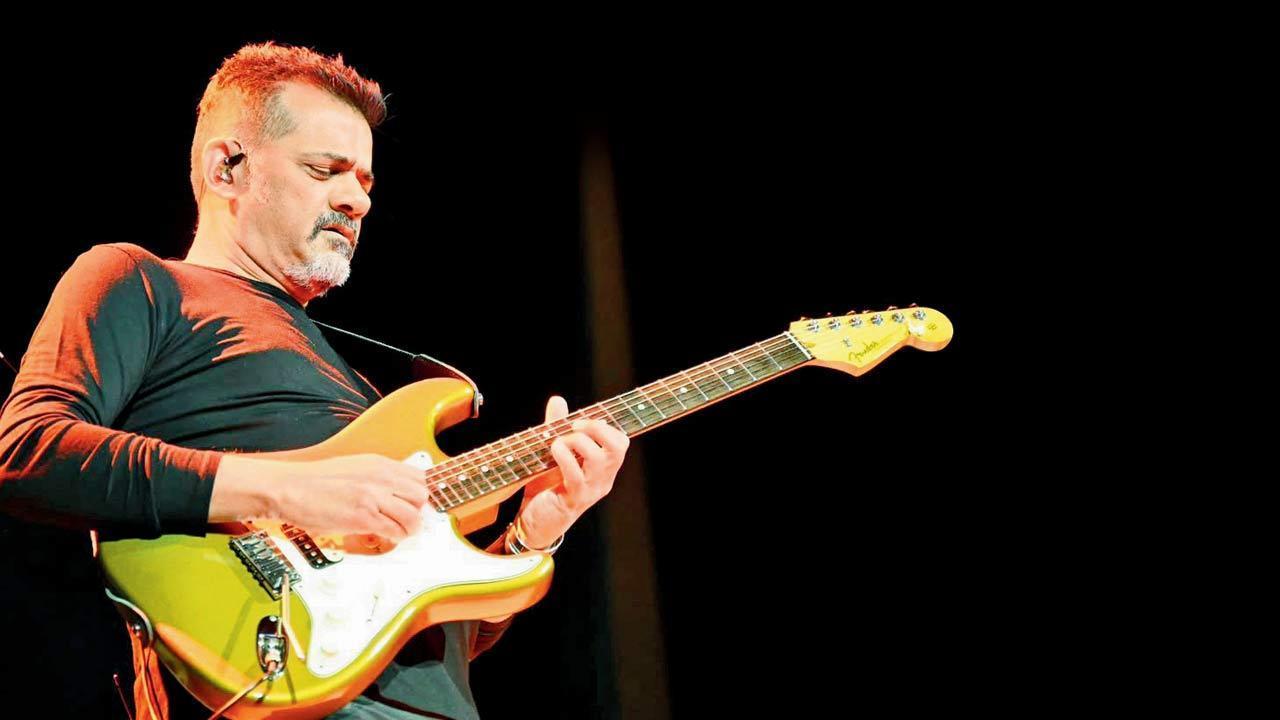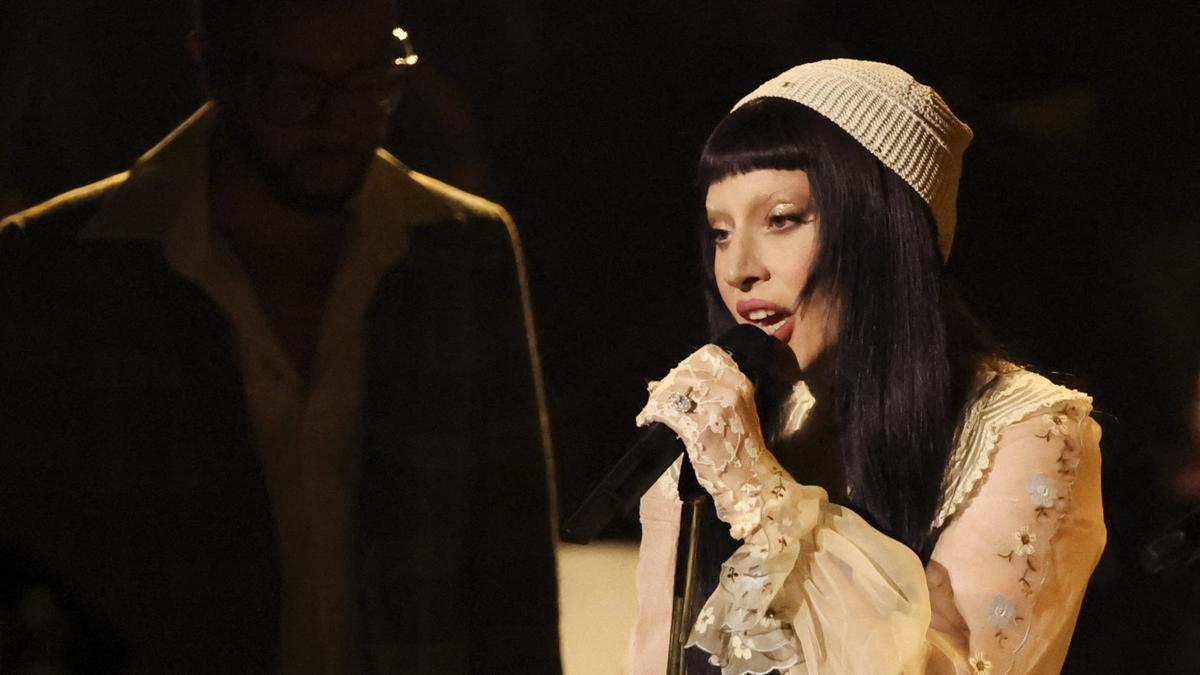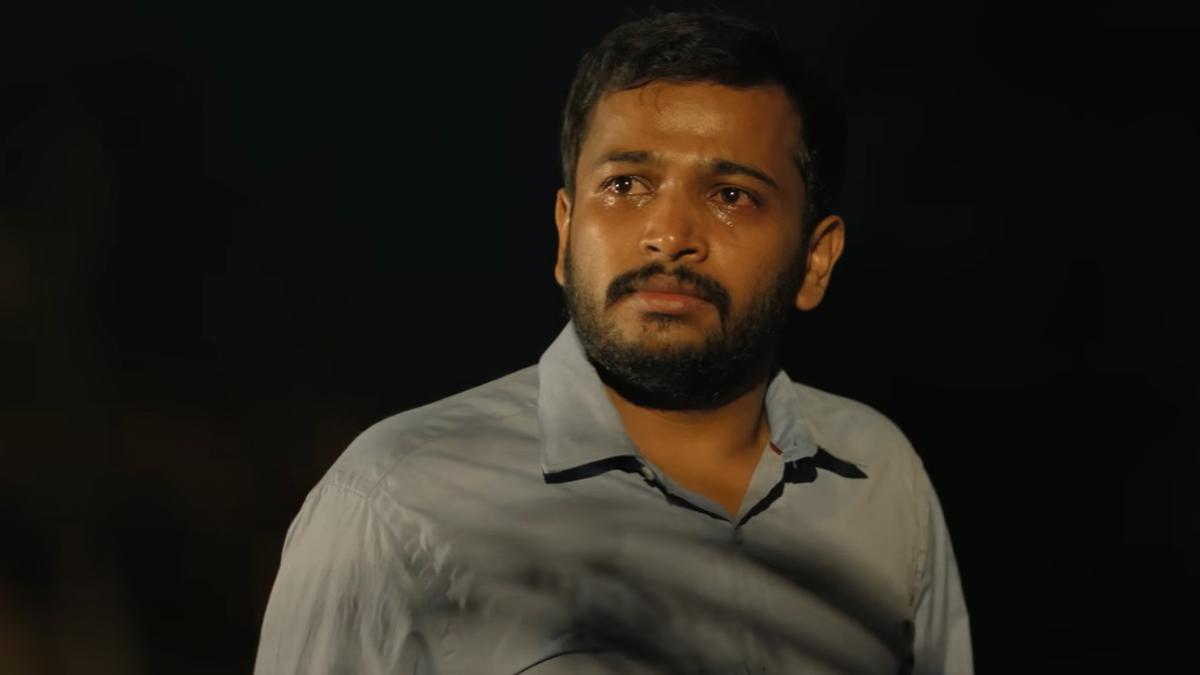
Prabhas devotees have been on the edge of their seats, anticipating the grand unveiling of ‘Salaar: Part 1 – Armistice,’ a cinematic odyssey that promised to shake the foundations of Indian action films. The date was set, December 22, and cinemas across the country braced for what was to be a spectacle of support and celebration.
As dawn broke, devotees in vast numbers, undeterred even by the buzz around Bollywood titan Shah Rukh Khan’s latest offering ‘Dunki,’ which premiered just a day before, swarmed theaters in southern hotspots—Telangana, Andhra Pradesh, and Karnataka—and beyond. Social media buzzed with images and videos of eager fans marching into theaters as early as morning to claim their seats for the inaugural showing of ‘Salaar.’
Mumbai’s celebration might have been more subdued, but the presence of towering cut-outs standing sentinel outside cinema halls spoke volumes of the city’s silent reverence for Prabhas’ newest blockbuster.
The stage was set in the dangerous and fictional city of Khansaar, where law and anarchy blended into a looming shadow over its denizens. This was the crucible where the film’s protagonist, enacted with raw intensity by Prithviraj Sukumaran, sought dominion. His struggles for control would intertwine with the fate of his confidant, Salaar—a role enacted by Prabhas with his signature potent blend of gravitas and charm.
The film’s narrative dug deep into the roots of crime and fellowship, spinning a story that promised to capture the viewers’ imagination and tug at the strings of cinematic emotion. Supporting performances by Shruti Haasan and Jagapathi Babu added layers to the gripping plot that unfolded with each frame.
The streets echoed with firecrackers and the pulsating rhythm of dhols as crowds gathered, celebrating the film’s arrival. It was more than a movie release; it was a festival, a testament to Prabhas’ towering influence on his fans, a cultural phenomenon that stretched beyond the confines of celluloid.
Akin to modern-day town criers, fans turned to the microblogging platform X (formerly Twitter), singing praises of the film’s narrative, cinematography, and compelling performances. They united under a chorus, dubbing ‘Salaar: Part 1 – Armistice’ a ‘super hit.’
Reviewers weren’t just sharing opinions; they were sharing experiences. Each tweet, each post was a story of satisfaction and delight, of expectations met and often exceeded. Tales of Prabhas’ leonine presence and Prithviraj’s nuanced portrayal supercharged the virtual space with an electrifying consensus that ‘Salaar’ was destined for glory in the pantheon of cinematic successes.
As the day meandered into evening and night took its hold, the jubilation showed no signs of ebbing. While every screen flickered with scenes from ‘Salaar,’ hearts pulsed with the thrill of being part of something grand, something that had shaken them from ennui and wrapped them in a cloak of shared joy.
‘Salaar: Part 1 – Armistice’ had carved itself not just on silver screens but into the annals of fan lore. A narrative that extended from the imagined streets of Khansaar to the very real enthusiasm that coursed through the streets of India. The verdict was unanimous, the celebration universal. ‘Salaar’ had arrived, and it had conquered.










